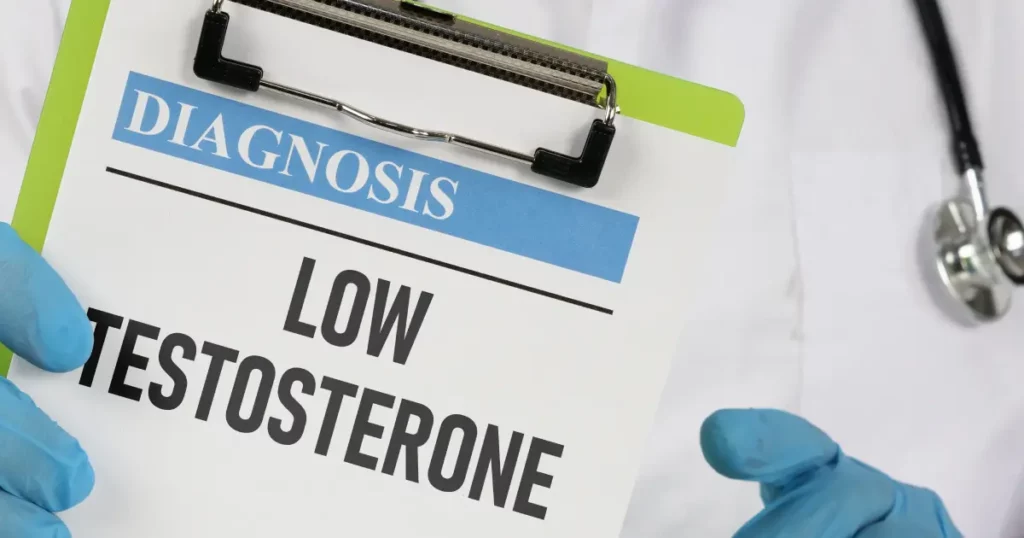In our fast-paced world, maintaining a healthy weight can be a challenge. The demands of daily life, combined with the convenience of fast food and sedentary habits, often lead to unwanted weight gain. However, effective weight loss is achievable with the right approach and a commitment to change. This comprehensive guide will explore the key principles of weight loss, providing you with the knowledge and tools to succeed on your journey to a healthier you.
Understanding Weight Loss
Before diving into the specifics of weight loss, it’s important to understand what it means and why it’s essential for your overall health. Weight loss is shedding excess body fat to reach a healthier body composition. It’s not just about looking better; it’s about feeling better and reducing the risks associated with obesity.
Excess weight can lead to various health problems, including heart disease, diabetes, and joint issues. By achieving and maintaining a healthy weight, you can significantly reduce your risk of these conditions and enhance your overall quality of life.
Setting Realistic Goals
Setting achievable weight loss goals is the first step in your journey. Goals provide direction and motivation, helping you stay on track. To set effective goals, follow the SMART criteria:
- Specific: Define exactly what you want to achieve. For example, “Lose 20 pounds in three months.”
- Measurable: Ensure you can track your progress. Use metrics like weight, inches lost, or clothing size.
- Achievable: Set goals that are realistic, given your current circumstances. Aim for gradual, sustainable progress.
- Relevant: Your goals should align with your values and long-term health objectives.
- Time-bound: Set a clear timeline for achieving your goals, such as “By the end of March.”
Nutrition for Weight Loss
Nutrition plays a pivotal role in effective weight loss. A balanced diet gives your body the necessary nutrients while controlling calorie intake. Here are some key principles to follow:
Healthy Eating Habits
- Eat regular, balanced meals to stabilize blood sugar levels and prevent overeating.
- Choose whole, unprocessed foods over highly processed ones.
- Incorporate a variety of fruits, vegetables, lean proteins, and whole grains into your diet.
Portion Control
- Be mindful of portion sizes to avoid excessive calorie intake.
- Use smaller plates to help with portion control.
- Pay attention to hunger and fullness cues to prevent overeating.
Mindful Eating
- Eat slowly and savor each bite.
- Avoid distractions like TV or smartphones during meals.
- Listen to your body’s hunger and fullness signals.
Nutrient-Dense Foods
- Focus on foods that provide essential nutrients without excessive calories.
- Prioritize foods rich in fiber, vitamins, and minerals.
Hydration
- Drink plenty of water throughout the day to stay hydrated.
- Sometimes, thirst is mistaken for hunger, so staying hydrated can help prevent unnecessary snacking.
Exercise and Physical Activity
A sedentary lifestyle is a major contributor to weight gain. Regular physical activity not only burns calories but also improves overall health. Here are some guidelines for incorporating exercise into your weight loss plan:
Cardiovascular Exercise
- Aim for at least 150 minutes of moderate-intensity aerobic exercise per week.
- Activities like brisk walking, cycling, and swimming are effective choices.
Strength Training
- Include strength training exercises two to three times per week to build lean muscle mass.
- Muscle burns more calories at rest, which can aid in weight loss.
Flexibility and Balance
- Remember to incorporate stretching and balance exercises into your routine to prevent injury.
Finding Enjoyable Activities
- Choose physical activities you enjoy to increase your chances of sticking with them.
Lifestyle Changes
Weight loss isn’t just about what you eat and how much you exercise; various lifestyle factors also influence it:
Sleep
- Aim for 7-9 hours of quality sleep per night. Poor sleep can disrupt hunger hormones and lead to weight gain.
Stress Management
- Chronic stress can lead to emotional eating—practice stress-reduction techniques like meditation, deep breathing, or yoga.
Hydration
- Drinking enough water is essential for overall health and can help control appetite.
- Social Support
- Share your weight loss goals with friends or family for accountability and encouragement.
Monitoring Progress
Tracking your progress is essential for staying motivated and making necessary adjustments. Consider these methods for monitoring your weight loss journey:
Regular Weigh-Ins
- Weigh yourself at the same time of day once a week to track changes.
- Keep a record of your weight to identify trends.
Measurements
- Measure your waist, hips, and other areas to track inches lost.
- Changes in body composition may not always show up on the scale.
Food Diary
- Keep a food journal to record what you eat and identify patterns or areas for improvement.
Fitness Tracker
- Use a fitness tracker to monitor daily activity levels and set achievable step goals.
Overcoming Challenges
No weight loss journey is without its challenges. Here’s how to tackle common obstacles:
Plateaus
- Plateaus are a normal part of the weight loss process. Keep going.
- Reevaluate your diet and exercise routine and make necessary adjustments.
Cravings
- Find healthier alternatives to your favorite indulgences.
- Practice mindful eating to reduce impulsive snacking.
Setbacks
- Understand that setbacks happen. The key is to get back on track quickly.
- Reflect on what triggered the setback and develop strategies to avoid similar situations in the future.
Seeking Professional Guidance
Sometimes, achieving effective weight loss may require the expertise of healthcare professionals or nutritionists. Consider seeking professional guidance if:
- You have underlying health conditions that affect weight management.
- You’ve tried multiple weight loss methods without success.
- You need help with how to create a personalized weight loss plan.
Professionals can provide tailored advice and support to help you reach your goals safely and effectively.
Celebrating Successes
Finally, remember to celebrate your achievements, no matter how small they may seem. Weight loss is a journey, and each milestone deserves recognition. Share your successes with friends and family, reward yourself with non-food treats, and stay positive and motivated.
In conclusion, effective weight loss is achievable with the right knowledge and commitment. You can embark on a successful weight loss journey by setting realistic goals, adopting healthy eating habits, incorporating regular exercise, and making positive lifestyle changes. Remember that progress may be gradual, but the long-term benefits to your health and well-being are well worth the effort.
For more tips, resources, and personalized support on your weight loss journey, explore Gladiators Health. We’re here to help you achieve your goals and lead a healthier, happier life.
We want to hear from you! Share your weight loss experiences, tips, or success stories in the comments below. Let’s support each other on this journey to effective weight loss.
If you’re ready to take the next step in your weight loss journey, check out Gladiators Health’s weight management programs and start your path to a healthier you today.



